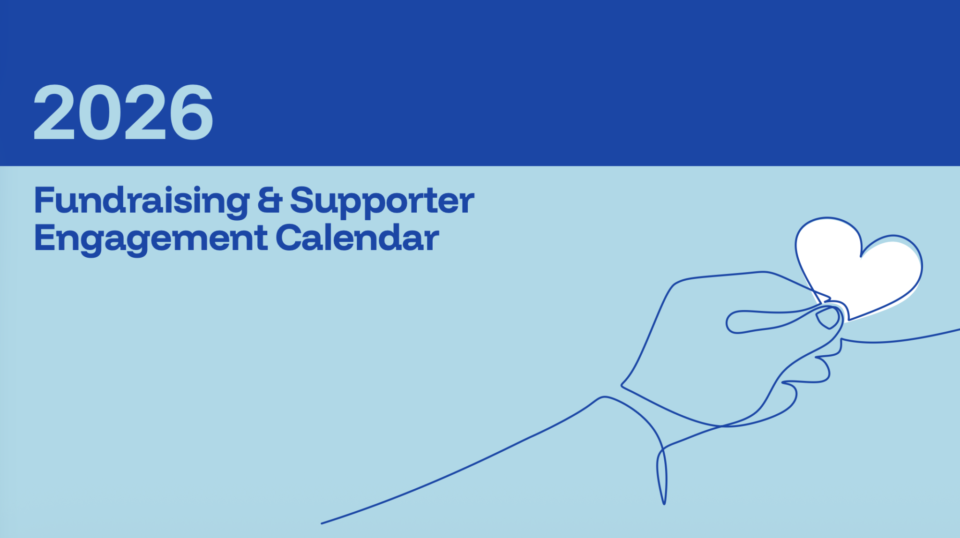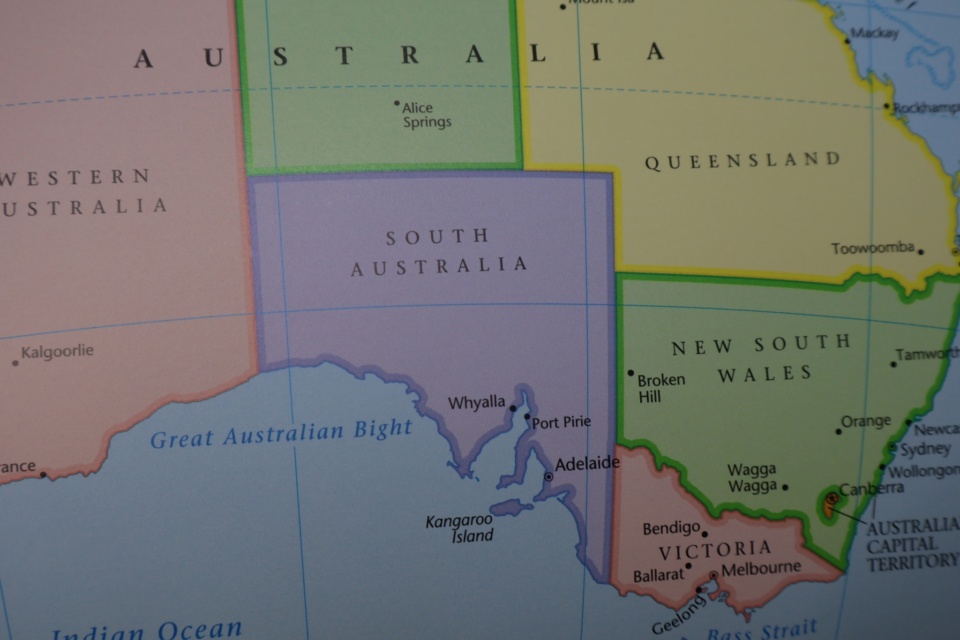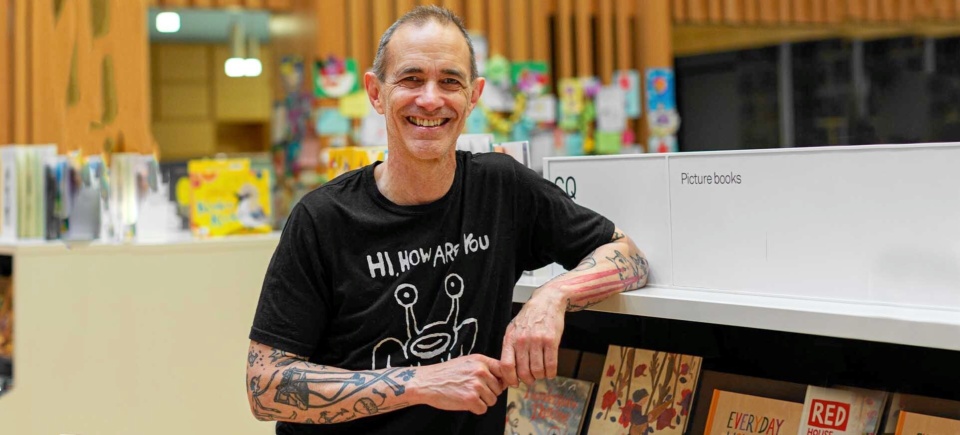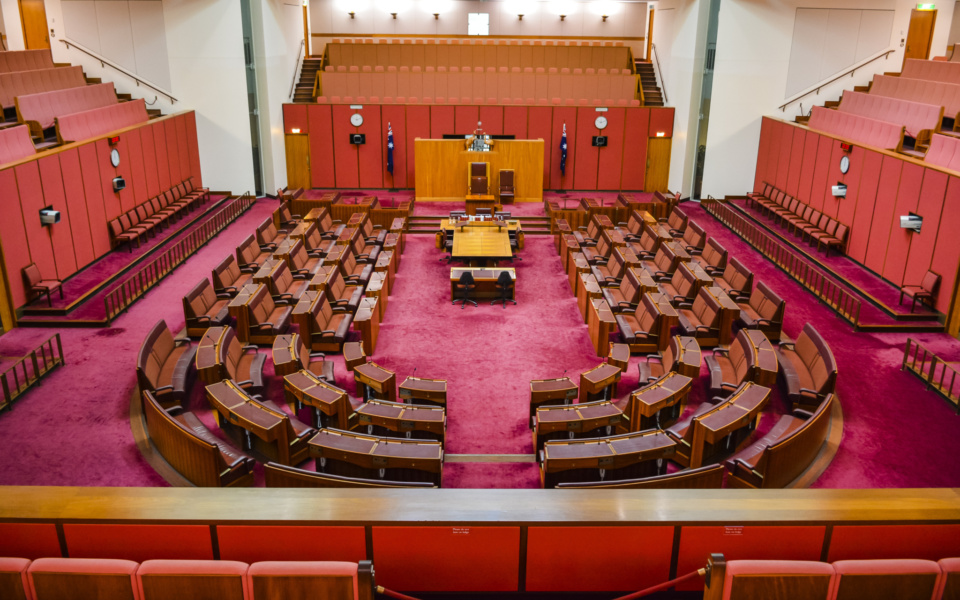
Why Australia’s community organisations need a new governance model
Posted on 25 Feb 2026
Australia’s community organisations are quietly holding society together. From local sporting clubs…
Posted on 11 Mar 2025
By Greg Thom, journalist, Institute of Community Directors Australia

Millennial and Gen Z charity donors increasingly want a say about how their money is used to aid causes close to their hearts, according to recent research.
A comprehensive study into the giving habits and attitudes of people aged between 18 and 42 revealed 36 per cent were interested in serving on the board of a charity or NFP in the future to secure a seat at the decision-making table.
The Future of Giving: Looking Beyond the Selfie found more than 38 per cent of Gen Z and Millennials were so passionate about giving back on their terms that they expressed interest in starting their own charity or NFP organisation in the future.

The trend challenges the way many charities and not-for-profits, which are commonly run by Gen Xers and Baby Boomers, operate, and acknowledges Gen Z's and Millennials' growing influence on philanthropy amid changing demographics across the globe.
Speaking at the recent Fundraising Institute Australia conference in Sydney, researcher Olumide Akerewusi said while his study was based on interviews with Gen Zers and Millennials in Canada who considered themselves philanthropic, the results reflected a generational change occurring in other nations too, including Australia.
“These generations are passionate about the causes they support, and they want to stay involved through volunteering and donating as much as they can,” said Akerewusi.
“The younger generations are especially interested in finding leadership opportunities such as board positions in charities and not-for-profit organisations.
"They wanted to be around the seats of decision making, they wanted to have choice, voice and control with the causes and organisations that they were passionate about."
Akerewusi, founder and CEO of social impact agency AgentsC, said the research, which involved interviews with more than 1000 people, confirmed that younger generations are actively transforming the future of philanthropy and that their influence will increasingly dictate how charities adapt to and adopt new fundraising philosophies in the years ahead.
He said older Gen Xers and Baby Boomers had passed on more than $1.5 trillion Gen Zers and Millennials in Australia since 2001, with a further $3.5 trillion expected to be added to that total by 2050.
“This is important, because the philanthropic wealth is no longer going to be held in the hands of people my age and older,” said Akerewusi. "It’s going to be held by and large by Gen Z and Millennials.”
Akerewusi said his research revealed characteristics unique to Gen Z and Millennial donors in everything from the causes they chose to support, to their attitude to charities and their preferred ways to give.
The report found:

"We must start to open the doors of leadership, governance, choice, voice and control, to younger generations as well as invite them to be dominant to our causes."
Source: The Future of Giving: Looking Beyond the Selfie
The report found both generations had embraced social media as a way of giving, but they diverged when it came to their preferred platform, with Facebook the most popular for Millennials and Instagram overwhelmingly preferred by Gen Z donors.
Significantly more Gen Z than Millennial donors said that easy social sharing, peer-to-peer fundraising and the ability to manage multiple donations from one account were key factors when choosing online platforms on which to give.
Akerewusi said the tilt toward digital giving via social media meant organisations that were still wedded to older fundraising mechanisms such as connecting with donors via mail may need to rethink their strategy if they are to thrive in the future.

Akerewusi said transparency and trust from charitable organisations were vital elements in turning Gen Zers and Millennials into loyal supporters.
"Organisations being transparent about their costs, organisations being transparent about the cause, any hiccups or errors: whatever the case, Gen Z and Millennials just wanted to be in the know.
"They didn't want propaganda. They wanted real substance, good or bad, and so that transparency piece becomes a stewardship and retention tool,” said Akerewusi.

"The more transparent your communications are, the more transparent you are in building relationships, the more likely Gen Zs and Millennials will be loyal to your cause and whatever you may ask of them."
Akerewusi said that Gen Z and Millennials accounted for 40 per cent of Australia’s population and that many of them were born overseas, a reality that contributed to them being the most culturally, linguistically, racially and religiously diverse group in the nation.
This meant it was important for fundraisers to reflect this growing reality in their own organisations and in how they engaged with Gen Z and Millennials.
"So, we need to really think and pay attention to the dynamics – how we use language, how we use imagery, what and how we communicate maybe in multiple languages,” said Akerewusi.
"These are all factors that I think will govern our fundraising in the future."
Akerewusi paid tribute to the current generation of sector leaders and fundraisers who have in some cases worked tirelessly for decades, but said the future is not coming, it is already here.
"Our positions, our structures, our processes are geared toward serving this particular [older] audience, but in the outside world the demographics of the profile of the donor community is changing.
"We must start to open the doors of leadership, governance, choice, voice and control, to younger generations as well as invite them to be dominant to our causes."

Posted on 25 Feb 2026
Australia’s community organisations are quietly holding society together. From local sporting clubs…

Posted on 25 Feb 2026
Writing communications for donors, stakeholders, regulators and the public can be a relentless task…

Posted on 25 Feb 2026
A Victorian suburb's hot debate about whether trains should live underground or in the sky ended…

Posted on 25 Feb 2026
Three years after the federal government announced that national fundraising principles would be…

Posted on 25 Feb 2026
Author Andy Griffiths has spent 30 years bringing “punk rock” to children’s books, making kids…

Posted on 25 Feb 2026
Senator Dean Smith is back as shadow minister for charities, and he’s told the Community Advocate…

Posted on 18 Feb 2026
Around 50 per cent of all funding for charities in Australia comes from government. The nature of…

Posted on 18 Feb 2026
You wouldn’t try to fix a complex system with one tool. You’d widen the toolkit, improve the…

Posted on 18 Feb 2026
Australia’s champion laundry van charity, Orange Sky, has announced it is ready to expand into…

Posted on 18 Feb 2026
To have any hope of hitting the grand plan of doubling philanthropy by 2030, Australia needs one…

Posted on 18 Feb 2026
When Nyiyaparli woman Jahna Cedar travels to New York next month as part of the Australian…

Posted on 17 Feb 2026
This is the full academic version of Dr Oksana King's thoughts on the need to better compensate and…